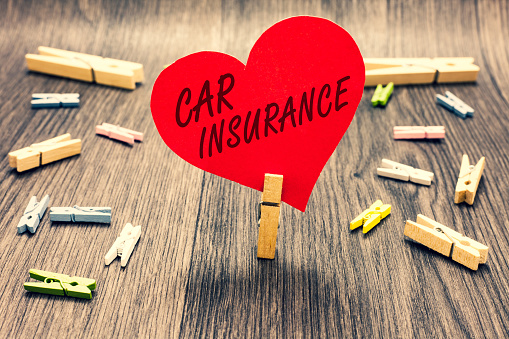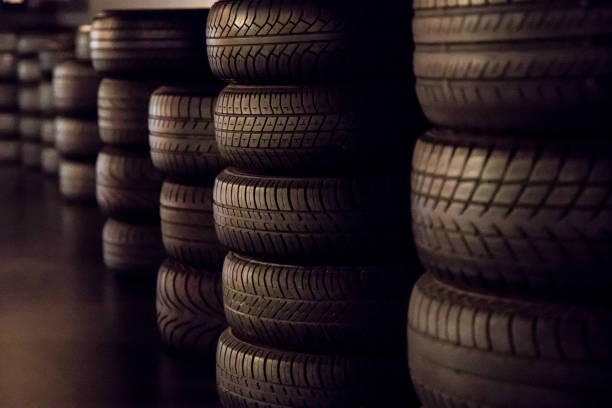If the car TPL policyholder makes another person drive and as a passenger suffers an accident, what happens? Compensation is due as a third party carried, but with exceptions.
The car insurance policyholder who sits in the passenger seat, leaving the driver to drive to another person, becomes the third party transported for car liability. It is important to know this, and to know the possible legal limits, for any compensation following a claim.
Who are the subjects covered by the motor liability policies?
The motor liability capital insurance policy is mandatory by law and in the event of a claim caused by the insured, it covers damage caused to third parties, namely:
- third parties transported, the passengers of the vehicle driven by the person responsible for the accident, the injuring party;
- third parties not transported, subjects involved in the accident who did not occupy the vehicle driven by the injurer, i.e. passengers of the other or the other vehicles (including drivers), pedestrians, cyclists, other subjects involved in the accident.
In both cases, these individuals are covered by car insurance and are entitled to compensation and it does not matter whether the driver is right or wrong. The insurance coverage concerns:
- the physical damage ;
- The damage to objects of property, but only if there is a family relationship with the company or the driver who caused the accident.
A friend drives your car and causes an accident – what happens?
Given that the motor liability insurance policy does not cover damage caused to the driver due to an accident that he caused, there is a particular case in which the insured person may not be in the driver’s seat and therefore be considered a third party damaged for compensation.
If you are the insured and you usually drive your car but, for any reason during an accident you are sitting in one of the seats reserved for passengers, while the person responsible for the accident is your friend, relative, or acquaintance, you have the right to be compensated because you are covered as a third party carried by your RC car.
However, if there is a family or corporate relationship between you and the person who caused an accident with your car, you will not obtain compensation for damage to property (for example the destruction of a notebook or smartphone that you had with you).
Then there is a fundamental element to remember: the exclusive driving clause. If you have signed it, you absolutely cannot have others drive the vehicle, otherwise, you risk having to pay for the damages caused to the subjects involved out of your pocket. Since you have violated the contract with the insurance the insurance company can proceed with the recovery of the amounts paid out for compensation to third parties.
Car insurance for new drivers: how does it work?
Car insurance for young drivers may be more expensive than the RC car for experienced drivers. But it is still possible to save.
There are specific rules for car insurance for new drivers, let’s see what they are and how they can affect the cost of the capital car liability policy.
Car insurance for new drivers: who are the new drivers and legal limits
A person who has had a driving license for less than 3 years is considered a new driver. Therefore, age is not relevant data, since it is possible to obtain a driving license at any age once the theoretical and practical exams and the medical examination have been passed.
New drivers in driving a vehicle must comply with certain legal limits dedicated to them:
- driving ban after drinking alcohol (BAC fixed at 0.0 g / l);
- prohibition to exceed 100 km / h on motorways and 90 km / h on state roads;
- prohibition of driving vehicles with a weight-to-power ratio greater than 55 kW / ton.
These limitations are very stringent compared to those imposed on an experienced motorist, and inevitably affect the cost of car insurance.





